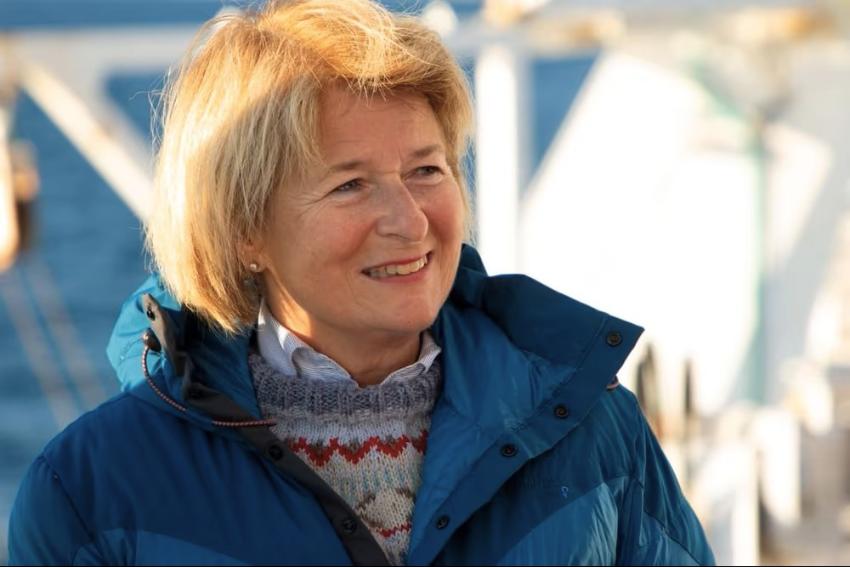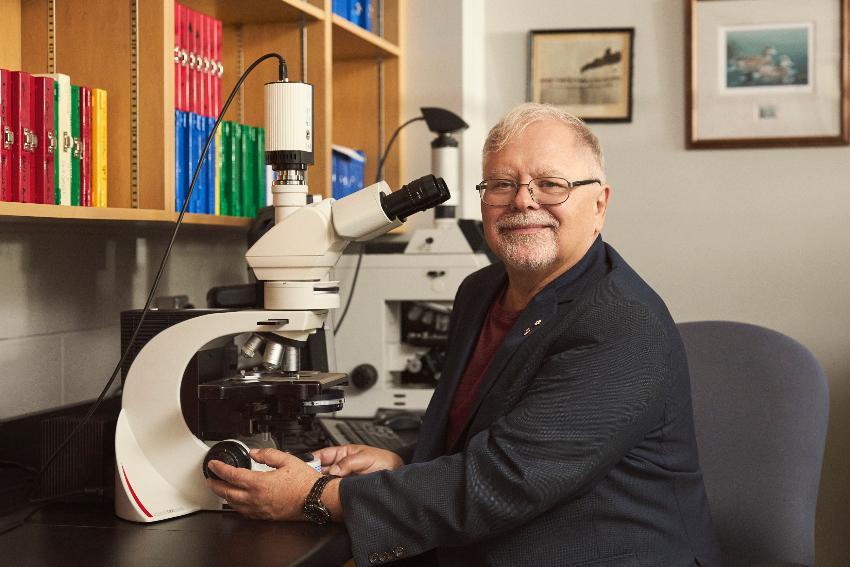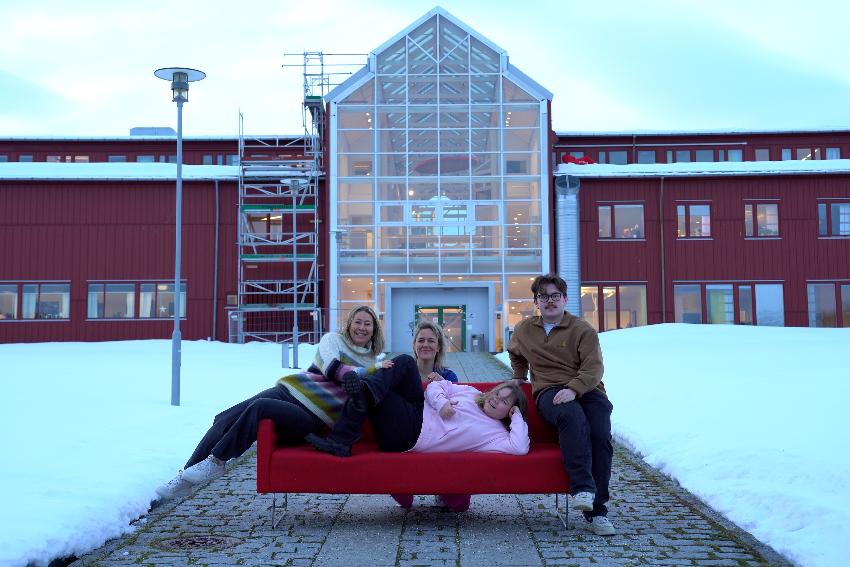UiT researchers have developed an international online course on sustainable aquaculture
New research shows that aquaculture can contribute to solving future global food needs. The most promising are species at low trophic levels such as oysters, mussels, sea cucumber, sea urchins, seaweed and kelp. Now you can learn more about this at UiT The Arctic University of Norway, regardless of where you live in the world.
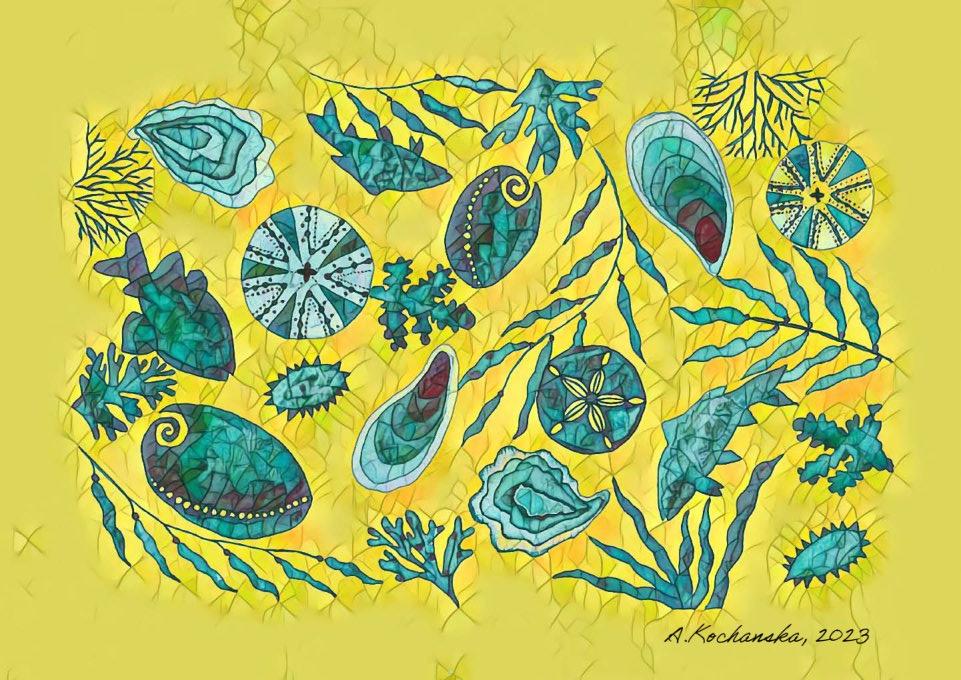
Aquaculture can help meet the world's need for proteins, but today only Asia is making gains in terms of food production using this method. About 60 percent of the world's aquaculture is in China, and most of the seafood production is molluscs, such as clams, oysters and other species. These are invertebrates that you do not need to feed; they feed themselves. This is aquaculture that gives a net profit.
– There are great expectations for increased aquaculture production, but if it is to be sustainable, we have to utilize species that are at a low level in the food pyramid in the marine ecosystem, says Michaela Aschan, professor at the Norwegian Fisheries College at UiT.

The species we find lower in the ecosystem need little or no feed. These species get their nourishment by filtering water or eating detritus, rotting organic material from plants and animals in the sea.
Climate-friendly course
Researchers at the Norwegian Fisheries College have taken the lead in creating a course on sustainable and climate friendly production of so called low trophic species; species that are at the bottom of the ocean's food pyramid.
– There are limited educational resources on low trophic aquaculture, so we want to create learning opportunities to increase the expertise within this important area for the future, says Aschan.
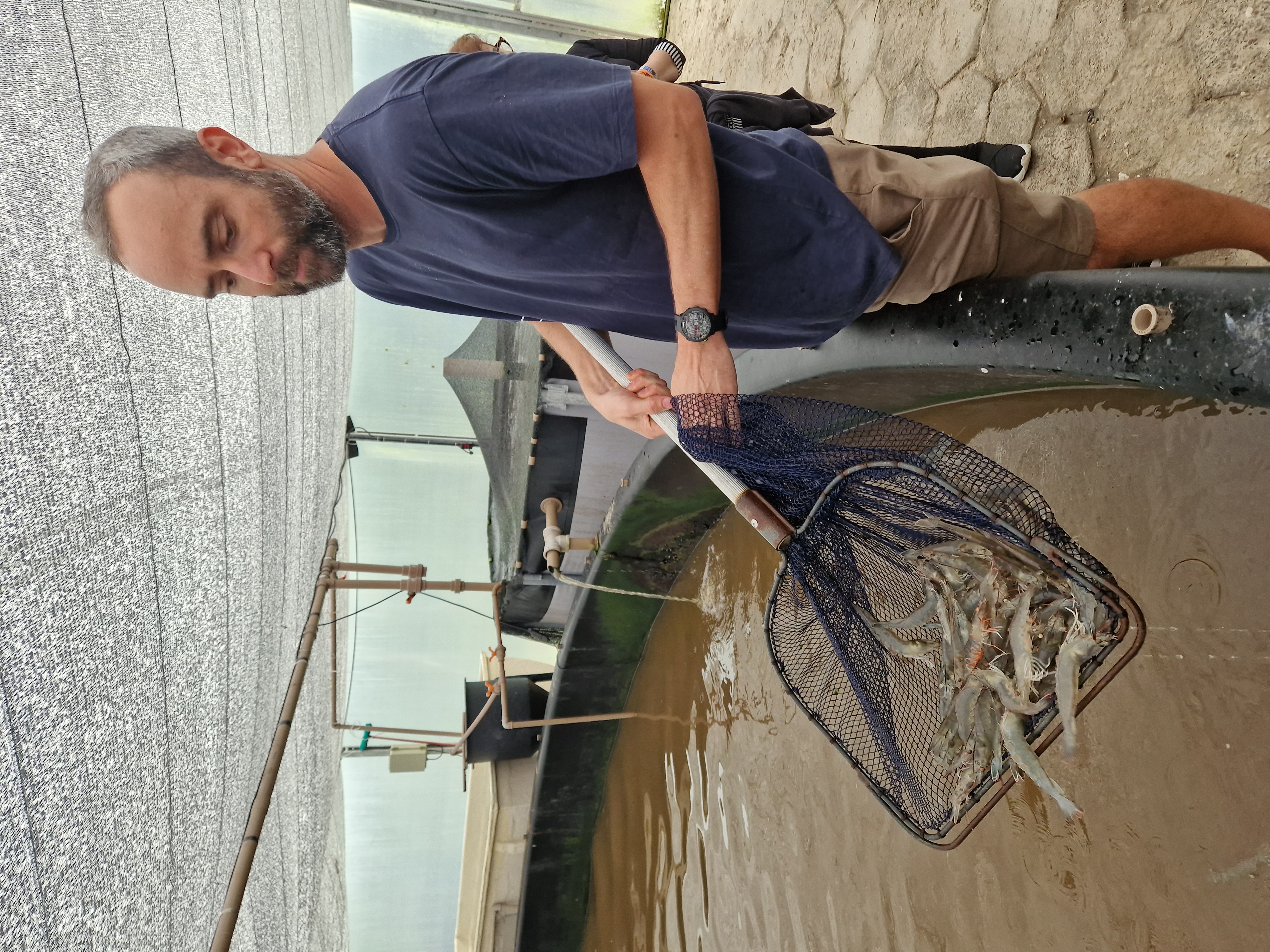
The course has been developed as part of the EU-funded research and innovation project AquaVitae led by Nofima and with participants from Europe, Brazil and South Africa.
The course has been named "Sustainable Aquaculture for Low Trophic Species" and was recently launched at the project's annual meeting.
Contributes to international collaboration
– The course contributes to international collaboration and diversification of the education at both Master's and PhD level, and there is a great interest in course both in Brazil, in South Africa and in Europe, says Aschan.
The course is free, the progression is self-directed, and upon completion the student receives a diploma. European bachelor students can also receive credits.
Read more about the course here: Sustainable Aquaculture for Low Trophic Species
If you have a bachelor's degree: Bachelor's courses at UiT - SVF-3650
If you do not have a bachelor's degree: Single courses/continuing education at UiT - SVF-6050
-
Fiskeri- og havbruksvitenskap - bachelor
Varighet: 3 År -
Fiskeri- og havbruksvitenskap - master
Varighet: 2 År -
Akvamedisin - master
Varighet: 5 År -
Bioteknologi - bachelor
Varighet: 3 År -
Peace and Conflict Transformation - master
Varighet: 2 År -
Computer Science - master
Varighet: 2 År -
Geosciences - master
Varighet: 2 År -
Biology - master
Varighet: 2 År -
Computational chemistry - master
Varighet: 2 År -
Law of the Sea - master
Varighet: 3 Semestre -
Biologi - bachelor
Varighet: 3 År -
Nordisk - årsstudium
Varighet: 1 År -
Historie - årsstudium
Varighet: 1 År -
Arkeologi - bachelor
Varighet: 3 År -
Pedagogikk - master
Varighet: 2 År -
Informatikk, datamaskinsystemer - bachelor
Varighet: 3 År -
Informatikk, sivilingeniør - master
Varighet: 5 År -
Allmenn litteraturvitenskap - årsstudium
Varighet: 1 År -
Geovitenskap- bachelor
Varighet: 3 År -
Samfunnssikkerhet - bachelor
Varighet: 3 År -
Farmasi - master
Varighet: 2 År -
Romfysikk, sivilingeniør - master
Varighet: 5 År -
Klima og miljøovervåkning, sivilingeniør - master
Varighet: 5 År -
Bærekraftig teknologi, ingeniør - bachelor
Varighet: 3 År -
Filosofi - bachelor
Varighet: 3 År -
Anvendt fysikk og matematikk, sivilingeniør - master
Varighet: 5 År -
Arctic Nature Guide - one year programme
Varighet: 1 År -
Arktisk friluftsliv og naturguiding - bachelor
Varighet: 3 År -
Arktisk friluftsliv - årsstudium
Varighet: 1 År -
Grunnskolelærerutdanning for 1.-7. trinn - master
Varighet: 5 År -
Internasjonal beredskap - bachelor
Varighet: 3 År -
Landskapsarkitektur - master
Varighet: 5 År -
Grunnskolelærerutdanning for 5.-10. trinn - master
Varighet: 5 År -
Ph.d.-program i naturvitenskap
Varighet: 3 År -
Environmental Law - master
Varighet: 2 År -
Ph.d.-program i humaniora og samfunnsvitenskap
Varighet: 3 År -
Ph.d.-program i realfag
Varighet: 3 År -
Ph.d.-program i nautiske operasjoner: Fellesgrad
Varighet: 3 År -
Samfunnsøkonomi med datavitenskap - master
Varighet: 2 År -
Luftfartsvitenskap - master
Varighet: 3 År -
PhD Programme in Science
Varighet: 3 År -
PhD programme in Nautical Operations
Varighet: 3 År -
Filosofi - årsstudium
Varighet: 1 År -
Lektor i språk og samfunnsfag trinn 8-13 - master
Varighet: 5 År -
Fysikk og matematikk - bachelor
Varighet: 3 År -
Nautikk - bachelor
Varighet: 3 År -
Ocean Leadership - Executive master
Varighet: 3 År -
Havteknologi, ingeniør - bachelor (ordinær, y-vei)
Varighet: 3 År -
Landscape Architecture - master
Varighet: 2 År -
Contemporary Risk and Crisis Management - master
Varighet: 2 År
